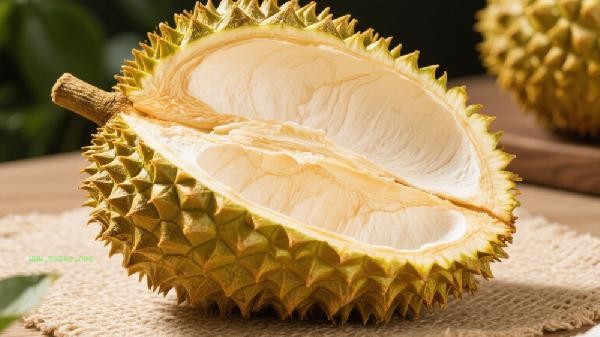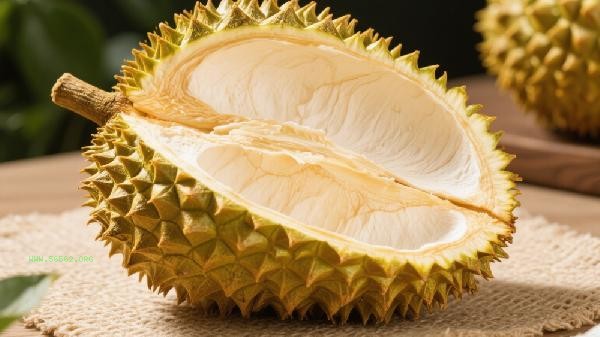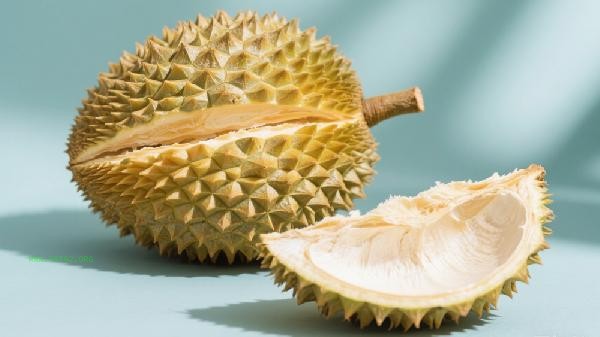Durian shells belong to kitchen waste. Kitchen waste mainly includes perishable organic waste such as food residues, fruit peels, and vegetable leaves. Although durian shells have a hard texture, they still belong to the category of organic waste and can be recycled through composting and other methods. As a type of kitchen waste, durian shells are treated similarly to other types of kitchen waste. Durian shells contain abundant organic matter, which can be converted into organic fertilizers after appropriate treatment to improve soil structure. The degradation rate of durian shells is relatively slow, but their decomposition process can be accelerated by crushing or cutting. When sorting garbage, durian shells should be placed together with other kitchen waste in the designated kitchen waste bin. Some regions may have special requirements for the classification of durian shells, such as requiring them to be separately placed or pre treated. This is usually related to the capacity of local waste treatment facilities and waste classification policies. Durian shells have a large volume and may take up more space when placed directly. Therefore, it is recommended to crush or compress them appropriately before placing them. Proper handling of durian shells can help reduce landfill waste and promote resource recycling. In daily life, besides treating durian shells as kitchen waste, other ways of utilization can also be explored, such as making handicrafts or using them for horticultural composting. Garbage classification is a long-term task that requires everyone to start from the details and work together to maintain environmental hygiene and sustainable development.












Comments (0)
Leave a Comment
No comments yet
Be the first to share your thoughts!